How to brew tea correctly, and more precisely, with what water?
Some take exceptionally bottled water for this and use kettles with temperature regulation, others filter the tap water and prefer strict boiling. For some people it is very important not to boil the water more than once, for others it’s necessary for water to reach only the “correct” boiling point.
Why do we boil water?
During boiling water, very important processes take place with it. First of all, it is a reduction in the amount of chlorine and softening. Small particles of dirt settle, fall into a precipitate of salts, and almost all disease-causing microbes, viruses and parasites are destroyed. Initially, boiling was a very important part and the main process of making tea, because until the 21st century, people did not have the opportunity to purchase purified water.
Moreover, there is another reason to boil water for tea: thanks to the maximum possible temperature, full extraction of taste and aromatic substances occurs (it is especially important for fermented tea).
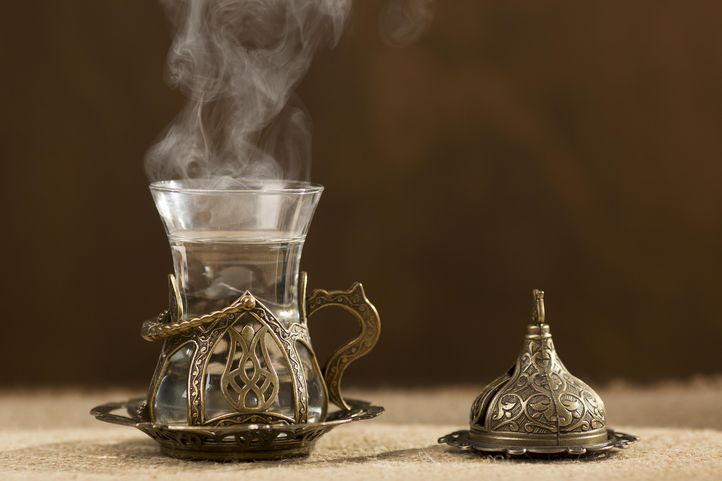
It is best to avoid hard water for brewing tea. If there is no other way out, boiling will get rid of excess minerals (they precipitate), and the taste of tea will be better.
How does water boil?
Boiling is a process, which consists of three main stages.
First stage: the appearance of small air bubbles at the bottom and near the walls of the teapot, which gradually begin to move upwards.
Second stage: a massive rapid rise of bubbles, which is accompanied by the “whitening” of water (the so-called “white key”, “white boiling water”).
Third stage: intense gushing of water with large bubbles coming to the surface, splashing of water and active release of steam.
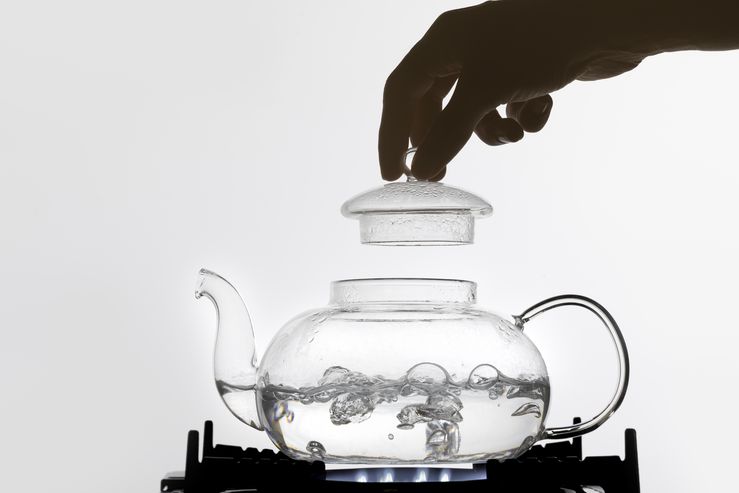
How to boil water properly?
There is an opinion that to prepare tea, water should not reach the third stage of boiling, and also that twice-boiled water is “dead” water. This fact is explained by the fact that during boiling (especially double one) all the oxygen contained in the water is lost, so the tea will be tasteless, and the water will be useless.
But is it so?
In fact, boiling does not affect oxygen. Water does lose it, but not due to the appearance of larger or smaller bubbles, but due to heating (oxygen is displaced during this process). And this happens already at a temperature of about 50 degrees.

Tip: If you still want to drink oxygenated tea, use the cold brew method (infusion in cold water). There are no other options, because even white tea needs to be brewed at a normal temperature of about 65 degrees.
Therefore, neither reboiling nor the difference in boiling stages affect the amount of oxygen in the water. Thus, what is even more importantly, there is no evidence that oxygen improves the taste of tea. The Spaniard Victoria Bisono (engineer, author of a number of books about tea, tea consultant, founder of the Tea Club, the world’s largest club promoting tea culture) proved with the help of blind tea tests that tea based on unboiled water does not seem tastier to people than that tea, for which boiled water was used. This is what the authors of the book Chemistry of Water Treatment say.
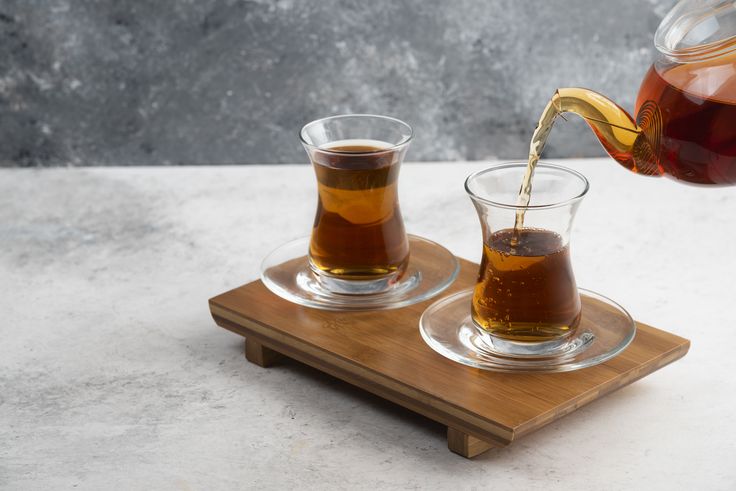
It is noteworthy that the water itself really becomes less tasty after boiling. Many tea lovers notice this.
When should you really boil water?
There are situations when boiling water cannot be avoided:
- if you brew black tea, dark oolong or puerh, as well as some tisanes, which require a temperature of about 100 degrees to fully open;
- if you use untested water, which may not be clean enough;
- if the water is hard.
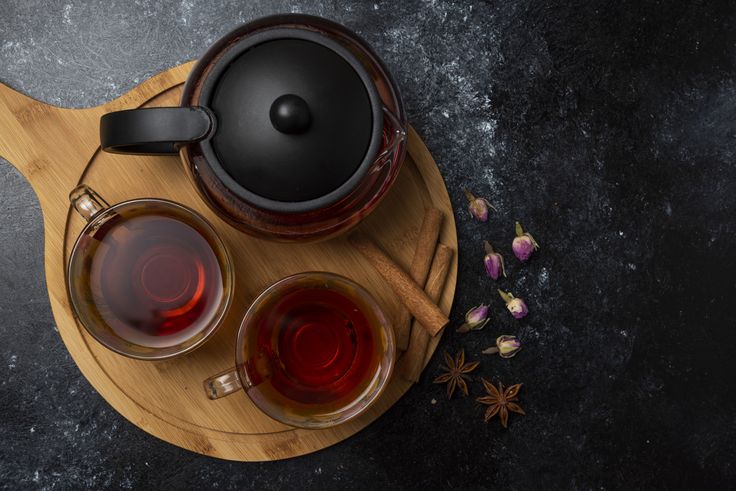
When can you get around without boiling?
- if you brew white or green tea, as well as any tisane that does not require boiling water;
- if you are sure that you are using high-quality tested water that can be drunk even raw;
- if the water is soft.
When all three factors come together, you can use water that has not reached the boiling point (and you will be okay). For such cases, “smart” kettles with temperature regulation are very convenient.
Well, are you still boiling water? Then we come to you 🙂





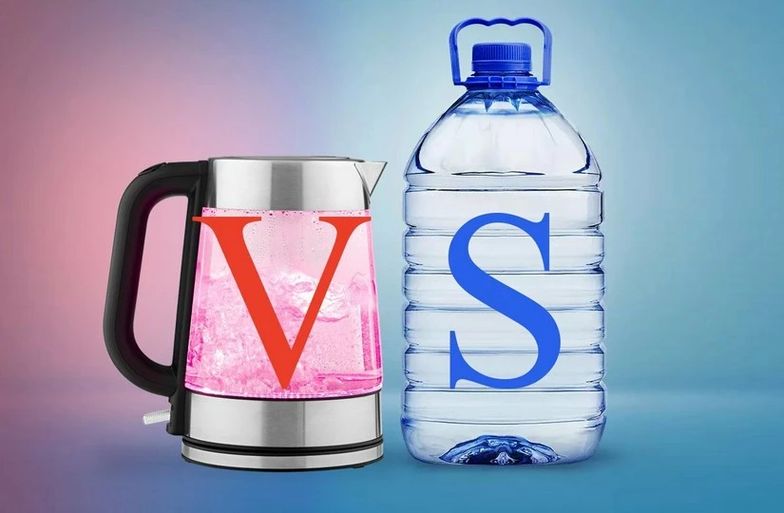
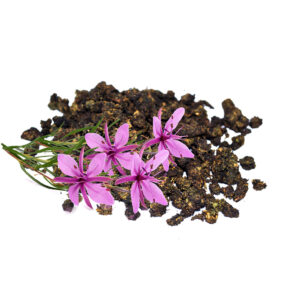
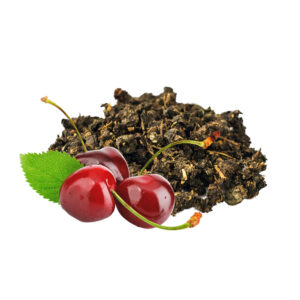
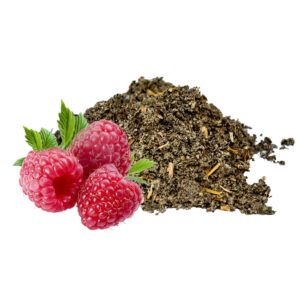
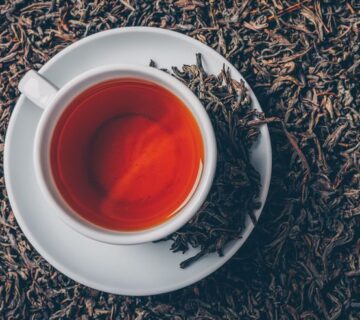
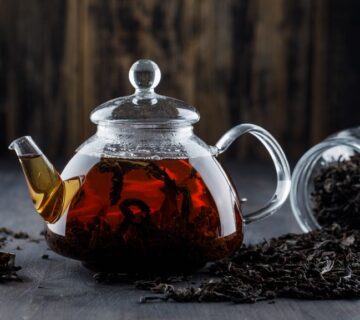
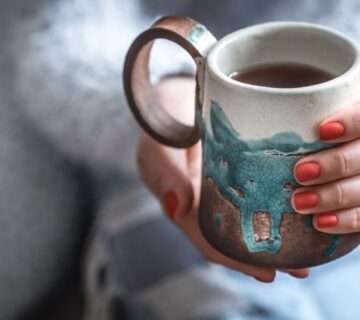

No comments